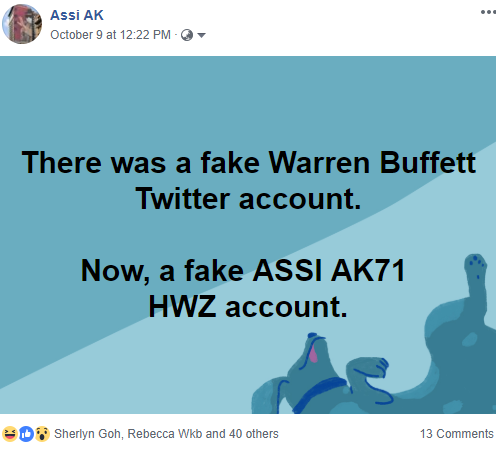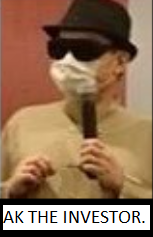Friends would remember that I looked at possibly investing in Starhub a couple of years ago but its high level of borrowings frightened me.
Of course, Starhub has chugged along quite nicely since then and it was only later that I discovered how its very predictable and strong cashflow was able to accommodate its high level of borrowings.
So, I have been waiting for a chance to get some since...
Starhub's stock price plunged today, hitting a price (of $3.70 a share) not seen since late 2012. The big movement downwards was unexpected, of course, although the charts show the 150% Fibo line to be at $3.70, a golden ratio and supposedly a strong support.
I was more expecting a slow drift downwards in price and thought I could, perhaps, buy if the share price hits the 200 week moving average (200W MA) which is currently at $3.87. This is a long term support and should be quite strong.
So, looking at the chart when its share price had already recovered from $3.70 to $3.85, I wondered what to do because breaking the 200W MA is a bearish signal.
The widening of the Bollinger Bands indicates increased volatility. The OBV shows selling pressure. The MACD is declining and shows no sign of a positive divergence. These are all on the weekly chart which suggests that continuing weakness in the longer term should not surprise us.
In the near term, however, share price could rebound as they sometimes do. In fact, the higher low on the MACD in the daily chart suggests that this is a distinct possibility. Such a big one day movement in price should have attracted short sellers and shorts have to be covered eventually.
In terms of fundamentals, it won't be wrong to say that Starhub has challenges. Like SingTel and M1, the other two local Telcos, Starhub must deal with loss of revenue from the more and more popular use of apps such as Whatsapp (please pardon me if I did not get the name right as I don't use this) instead of voice calls and SMS.
Fortunately, Starhub has Cable TV but that business has not been growing much recently. Anecdotal evidence shows that more people are watching free online streaming content. I do that too on my iPad. Japanese anime, remember?
Of course, now, the new threat is the introduction of a fourth Telco in Singapore and this is probably "da bomb". How badly would Starhub's business be affected? I don't know. Would Starhub's ability to pay 20c in dividend per share (DPS) annually be affected? I don't know.
I do know that paying 20c per share annually in dividend means distributing almost all of its earnings to shareholders. So, if its business should suffer a decline in earnings per share (EPS) and this is a real possibility, we could see a reduction in DPS.
I could get a 5% dividend yield if I were to invest in SPH now. Of course, Starhub is not SPH. They are different animals but paying out almost all their earnings as dividends to shareholders make them similar in that respect. They could see earnings come under pressure for different reasons but that makes them similar too as the challenges are very real.
I would like to have some buffer in terms of dividend yield buying into SPH and Starhub because I am investing in them primarily for income and not growth. A more or less predictable 5% dividend yield might be attractive to me but to have a buffer means getting in with a higher yield which means a lower entry price.
Anyway, I decided to nibble at Starhub at $3.85 a share. That gives me a prospective dividend yield of 5.19% which provides a very thin cushion. This is really nothing to shout about and, definitely, I am not expecting to make a lot money with this entry price. From here on, I could, however, buy more if its stock should see more price weakness.
Related post:
How much to invest? Nibbles and gobbles.




















